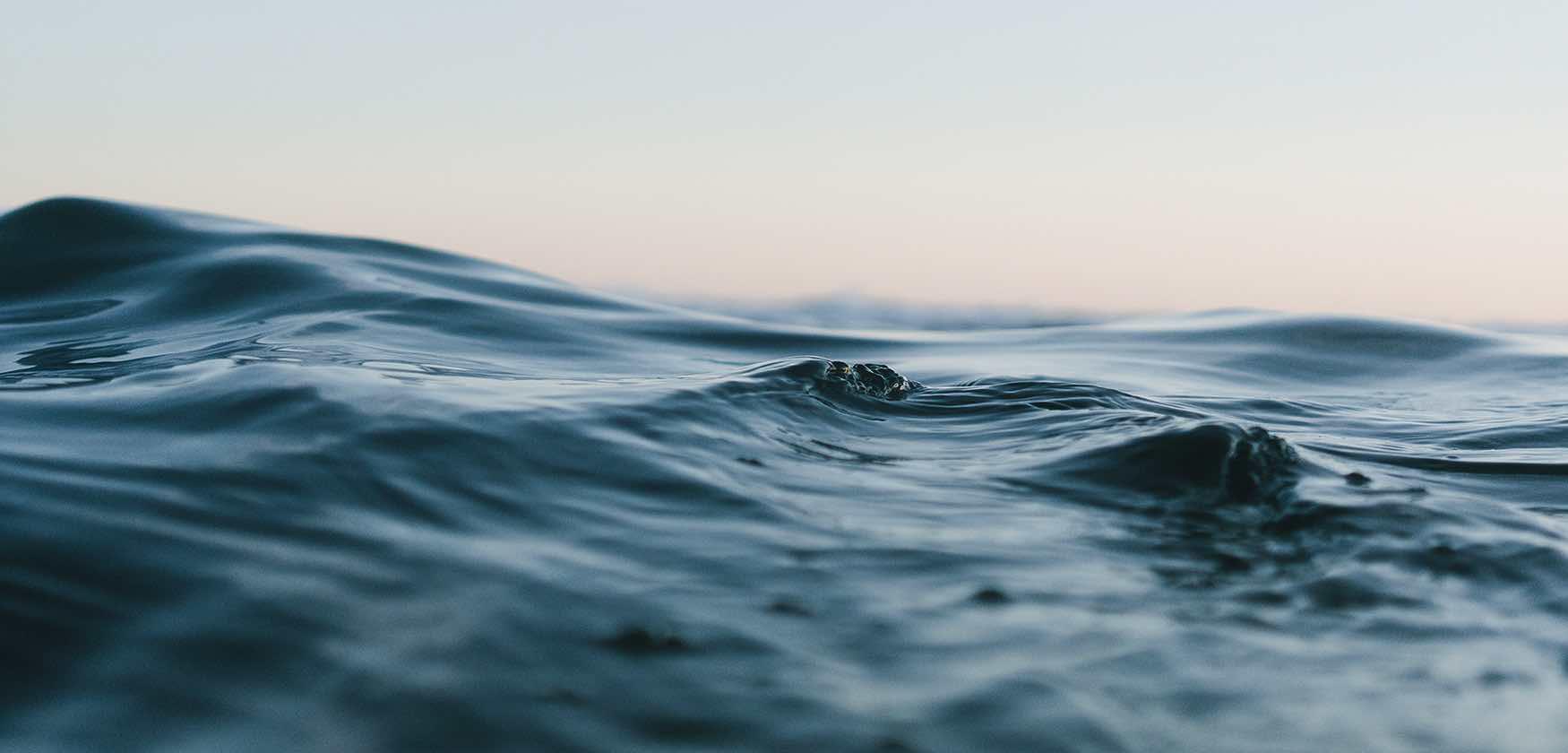
Ocean plastic
Read about all the steps we're taking to address the problem of ocean plastic.
Protecting the world's oceans from debris is a significant responsibility we can't tackle alone. That's why we partner with experts, nonprofits, our industry and governments to support innovation and actions that help curb the flow of plastic waste.
The rise in beach litter and ocean waste is a shocking subject that has, quite rightly, been making media headlines increasingly often. No one wants to go to the seaside and find rubbish strewn along beaches, or know that it’s harming marine wildlife.
Where does the plastic in our oceans come from?
A lot of the litter entering the sea comes via rivers, and because they sink quite quickly, plastic bottles and caps tend to be found closer to shores and on beaches.
What’s the answer?
We know this isn’t a new problem, that’s why we’ve been working hard to create sustainable solutions.
100%* (*excluding cap and label) of all bottles 500ml or less in Great Britain are now made of 100% recycled plastic.. We’re also continually exploring new ways to improve recycling. This includes our introduction of attached caps to our entire product portfolio in Great Britain, and short trials of new packaging innovations such as the temporary removal of the labels from our Sprite bottles to understand better if we could simplify the recycling process.
But this is not something we can do on our own.
For the past 20 years we’ve been working with partners all over the world to do the things we believe will help the most:
- Supporting recycling programmes and infrastructure to better recover our bottles and cans for reuse
- Running consumer awareness and education campaigns around recycling.
- Funding partnerships that protect and clean up our seas and waterways. For example, our projects with WWF and the Rivers Trust
- Working globally with organisations such as WWF, Ocean Conservancy and The Ellen MacArthur Foundation, with initiatives such as the New Plastics Economy
- In collaboration with the Ellen MacArthur Foundation and UN Environment, we're focused on the New Plastics Economy initiative that aims to stop plastic waste at the source, moving toward a reuse model for plastic packaging and innovation to help ensure 100% of plastic packaging can be recycled.
- Sponsoring clean-ups, such as the International Coastal Cleanup, the largest single-day volunteer event that helps clean the world’s waterways
- And, of course, developing and refining our packaging so that not only is it all 100% recyclable, but it’s lighter and uses less plastic than ever before:
We’re also working with many of our partners and suppliers to help make recycling easier for everyone. And as part of the UK Government’s Voluntary and Economic Incentives Working Group we’re keen to explore any thought-through solution which encourages higher recycling rates and reduced litter, including the introduction of a well-designed deposit return scheme.
The future
Our packaging is valuable – we want to get it back into the system so we can recycle and reuse it and so none of it ends up where it shouldn’t. But in practice, our packaging may not be recycled in some communities due to a lack of local collection and recycling facilities.
What can we do in Great Britain?
Closer to home we’ve taken steps to make a meaningful difference. This includes investing in state-of-the-art recycling facilities, including the Lincolnshire-based Clean Tech plant; Europe’s largest plastic recycling facility.
Clean Tech have plans afoot to expand their capacity and production capabilities as a result of our commitment to make sure that all our plastic bottles in Great Britain contain at least 50% recycled plastic..
We also support the announcement that a deposit return scheme (DRS) will be implemented in October 2027. To make sure DRS is a success, we must have truly interoperable schemes in place across England, Scotland and Wales. Having a common approach will ensure we have a best-in class system in place – and is the only way we will improve the circular economy and cut litter
But, we know there’s a lot more to do – this is one of the most important issues we face as a business. We want to do our part to help find solutions which really help, so that clean beaches and healthy oceans are our legacy for future generations.
